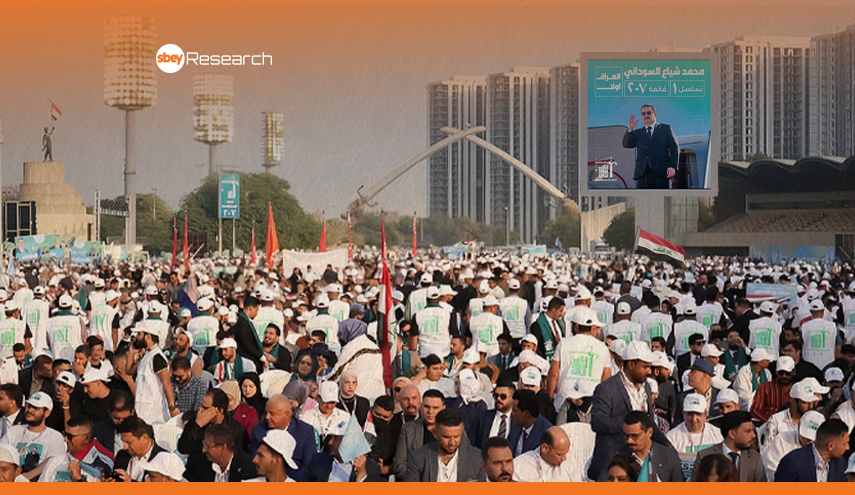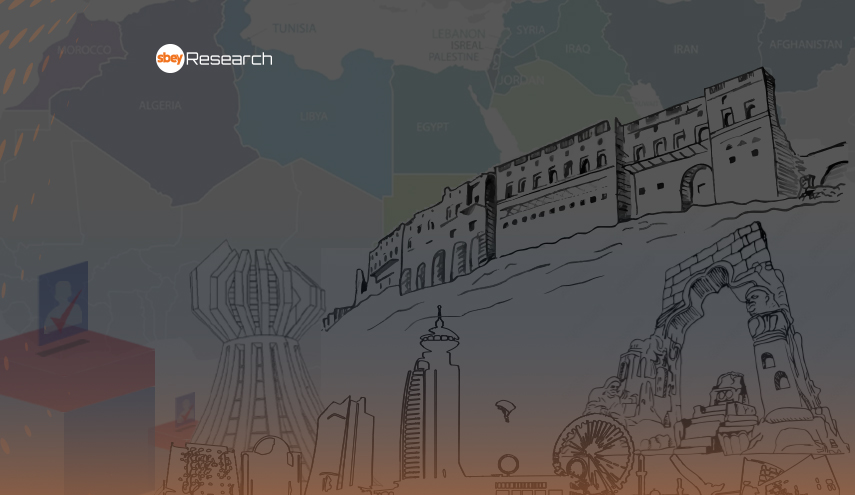

Introduction:
In the heart of political discourse, women's ascent in Iraqi and Kurdish politics symbolizes a battle against longstanding norms and a beacon of evolving societal attitudes. The role of women in politics sparks significant discussion not just in Iraq but also in places like Kurdistan. Despite some improvements across North Africa and the Middle East, the Arab Barometer's Wave VII reveals persisting disparities between men and women. In nine out of twelve countries studied, many still believe men are better suited for political leadership than women, a notion powerful in Sudan, Libya, and Iraq.
Women in Politics: Iraq
Despite some progress in women's political participation, the journey towards gender equality is ongoing. In Iraq, 69% of respondents believed that men are generally better at political leadership than women. However, this sentiment is not universal. Women, often less likely than men to agree with this statement, show a growing dissent across the region. For instance, in Iraq, 64% of females agreed that men are better leaders, and 36% disagreed, reflecting a gradual shift in perceptions. This shift is more pronounced in Lebanon, Tunisia, Morocco, and Mauritania, where at least half of the women disagree that men are superior political leaders.
To highlight the human aspect of this shift, consider the stories of pioneering women in Iraqi politics who have broken through barriers, challenged the status quo, and inspired future generations.
Women in Politics: Kurdistan
The Kurdistan Region presents a similar narrative, impaired by unique challenges. With only 31% female representation in its latest cabinet, Kurdistan underscores the need for systemic change. The quota system, while a step towards inclusion, still reflects a significant gender disparity that mirrors broader societal challenges.
Women In Workforce:
Regarding the female workforce, there is an enormous gap between male and female workforce. According to the UNFPA KRI survey, women constitute a significantly smaller proportion of the labor force than men, with their peak participation reaching only 23% compared to 94% for men. In addition, according to the Kurdistan Citizen Satisfaction Index (KCSI) from Sbey Research out of 2050 citizens, 22.1% of the respondents identified as housewives compared to the other responses of the employment status, this data reveals a high amount of non-working women in Kurdistan. This wide disparity underscores the need for targeted interventions to address barriers to women's workforce inclusion and promote gender equality in employment opportunities.
Conclusion:
In conclusion, women's political engagement in Kurdistan and Iraq has seen notable advancements. Yet, ongoing obstacles underscore the need for comprehensive changes to advance gender equality. It's incumbent upon us all—men and women alike—to champion the cause of gender equality in political representation. Supporting women candidates, advocating for equitable policies, and challenging stereotypes are actionable steps to foster a more inclusive political landscape. Through concerted efforts, we can fulfill the potential of women's leadership and support inclusive and fair communities, paving the way for a future where political representation knows no gender boundaries.
References:
UNFPA Iraq.(2018).“The Demographic Survey of the Kurdistan Region of Iraq.” Retrieved from https://iraq.unfpa.org/en/publications/demographic-survey-kurdistan-region-iraq
Arab Barometer.(2022).“Gender Attitudes and Trends in MENA." Retrieved from https://www.arabbarometer.org/wp-content/uploads/ABVII_Gender_Report-ENG.pdf
Kurdistan Parliament- Iraq. “Kurdistan parliament.” https://www.parliament.krd/english/
Sbey Research. (2024). Sbey Research Kurdistan Citizen Satisfaction Index (KCSI). https://sbeyresearch.com/researches/10



